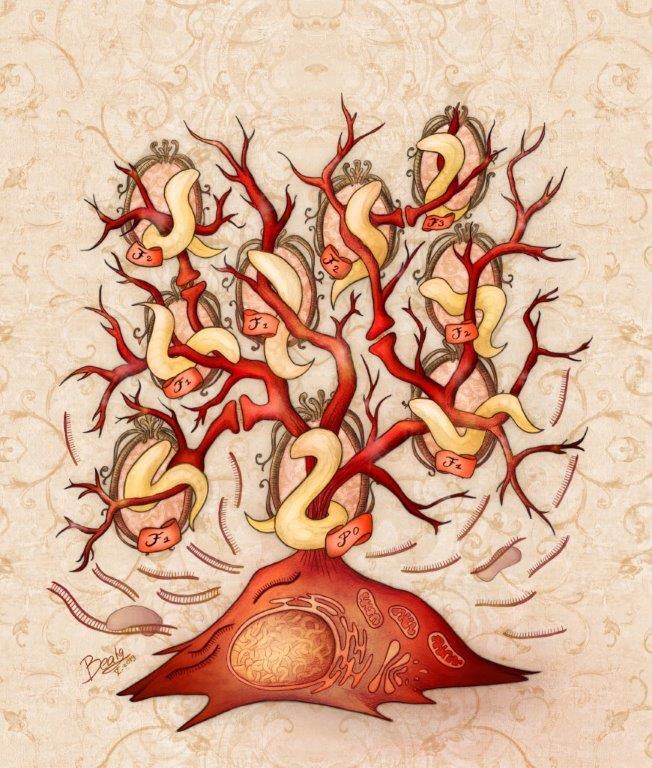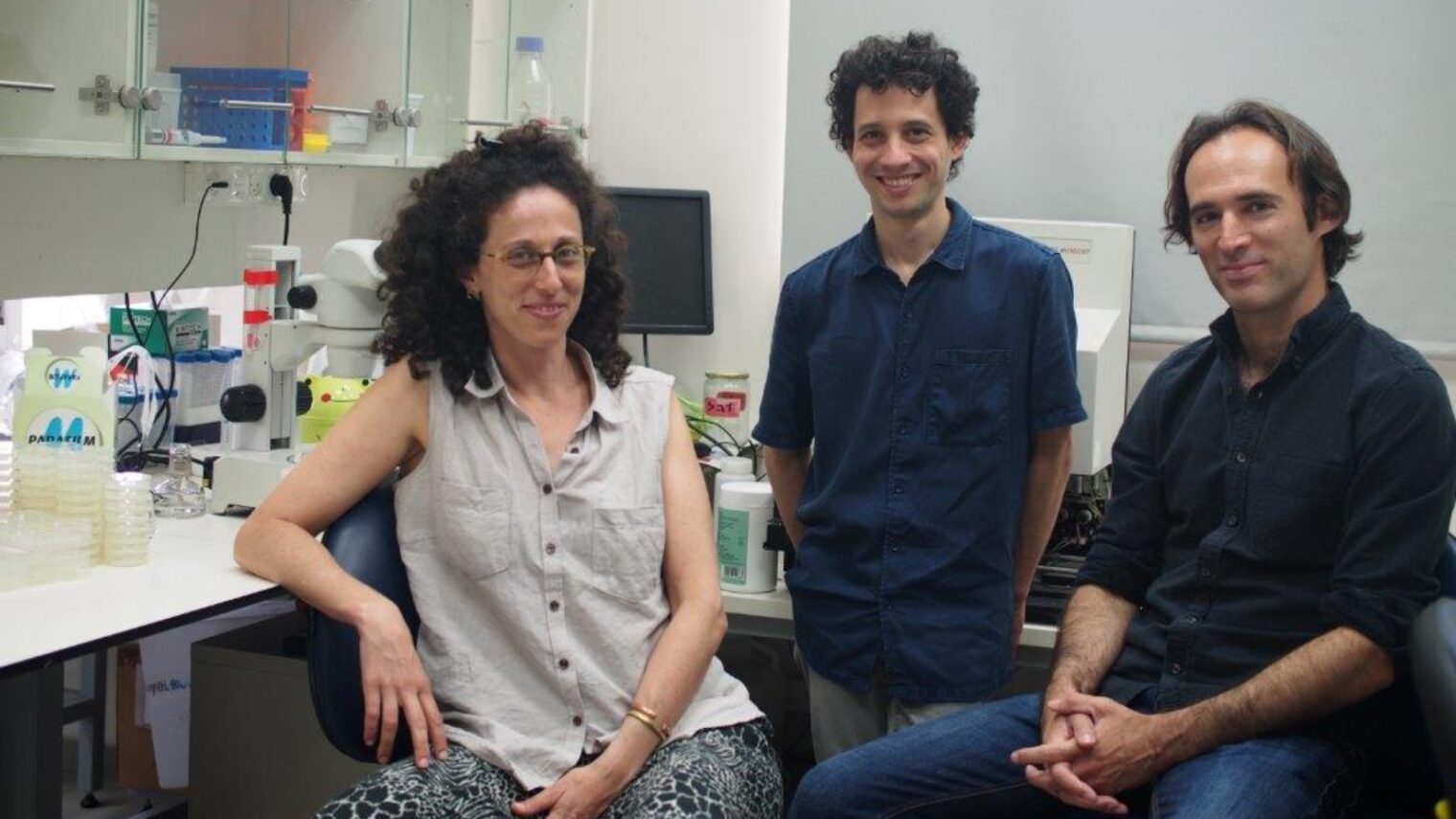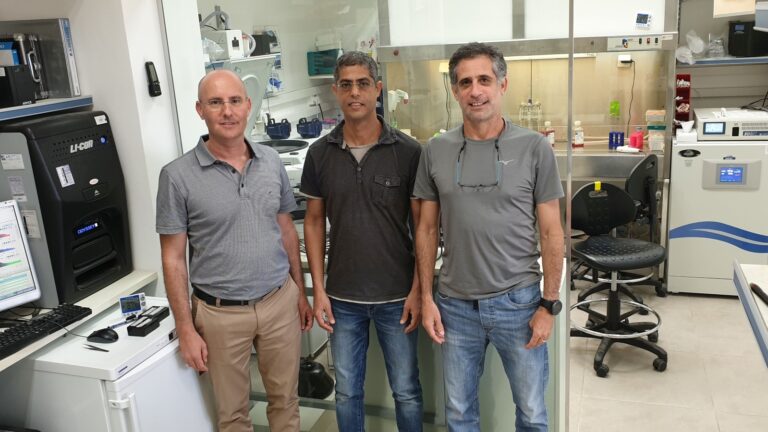A groundbreaking Israeli study published in June in the journal Cell describes how the neuron cells in the nervous system of nematode worms transmit messages to future generations, influencing a variety of physiological processes including food-seeking behavior.
“The mechanism is controlled by small RNA molecules, which regulate gene expression,” says lead researcher Prof. Oded Rechavi of Tel Aviv University’s George S. Wise Faculty of Life Sciences and Sagol School of Neuroscience.
“We discovered that synthesis of small RNAs in neurons is needed for the worm to efficiently be attracted to odors associated with essential nutrients — to look for food. The small RNAs produced in the parents’ nervous system influenced this behavior, as well as the expression of many germline genes that persisted through at least three generations,” explained Rechavi.
“These findings go against one of the most basic dogmas in modern biology,” he continued. “It was long thought that brain activity could have absolutely no impact on the fate of the progeny. The Weismann Barrier, also known as the Second Law of Biology, states that inherited information in the germline is supposed to be isolated from environmental influences.”
Co-authored by Rechavi’s students Rachel Posner and Itai A. Toker, the study is the first time a mechanism has been identified that can transmit neuronal responses across generations. The discovery may have major implications for our understanding of heredity and of evolution.

The TAU lab team chose to do the research using nematodes, worms found in virtually all environmental habitats, because these worms reproduce quickly and their genome contains nearly the same number of genes as the human genome.
The scientists observed that nematodes that did not create small RNA molecules were not good at identifying defective food. When they restored the worms’ ability to produce small RNAs in neurons, the nematodes moved toward food efficiently once again.
This effect was maintained for multiple generations even though the progeny did not have the ability to produce small RNAs themselves.
“In the past, we’ve found that small RNAs in worms can produce transgenerational changes, but the discovery of a transgenerational transfer of information from the nervous system is a Holy Grail,” explained Toker.
“The nervous system is unique in its ability to integrate responses about the environment as well as bodily responses. The idea that it could also control the fate of an organism’s progeny is stunning.”
Practical implications for humans?
It is not yet clear if the findings in worms are the same as in people.
“It’s important to stress that we don’t know yet whether any of this translates to humans. Therefore, it’s dangerous to speculate,” Rechavi cautioned.
“We hope that what we see in these simple organisms would be relevant for higher mammals, too. If so, then studying the mechanism could have a practical use in medicine. Many diseases might have some epigenetically inherited component.”
Epigenetics is the study of changes in organisms that are caused by something other than the modification of the genetic code, for example environmental factors.
“Deeper understanding of nonconventional forms of inheritance would be crucial to better understand these conditions and to design better diagnostics and therapies,” said Rechavi.
“It would be fascinating to see if specific neuronal activities can impact the inherited information in a way that would give specific advantages to the progeny,” Toker added. “Through this route, parents could potentially transmit information that would be beneficial to the progeny in the context of natural selection. It could therefore potentially influence an organism’s evolutionary course.”















